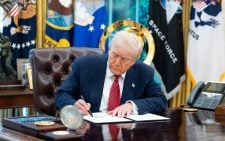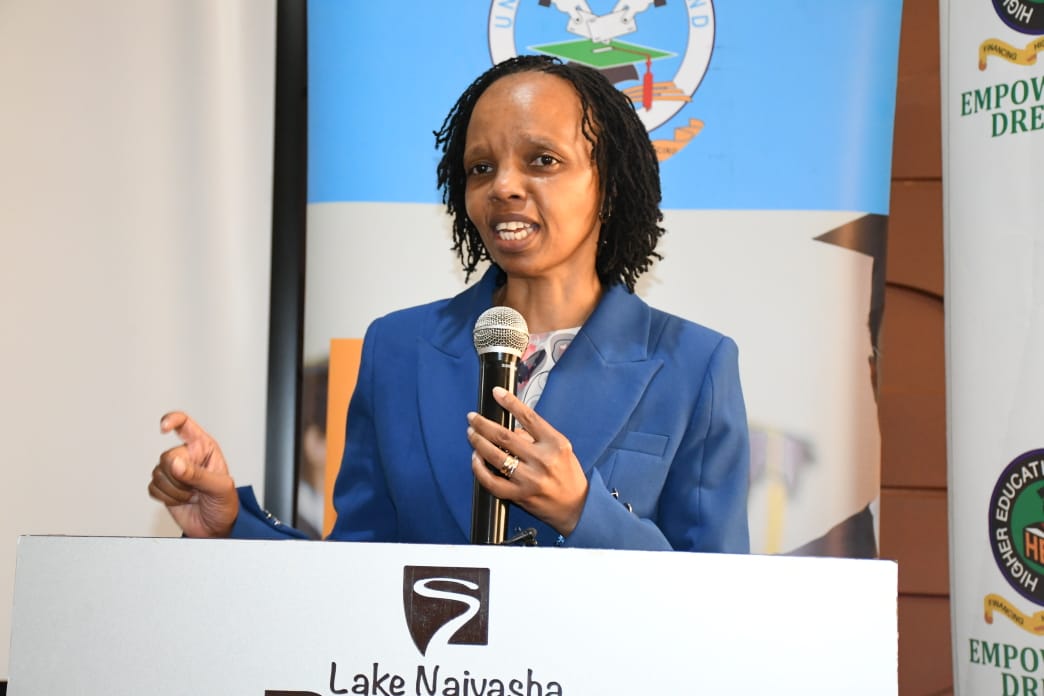Leaders have fostered new political consciousness

In the lead-up to the 2022 elections, Kenyans were captivated by promises that felt authentic.
The Kenya Kwanza presidential campaign resonated with millions by pledging to uplift those left behind, dismantle systems of exclusion, and deliver dignity to ordinary Kenyans. For those at the bottom half of the economic pyramid, these promises painted a compelling vision of prosperity.
Today, those same Kenyans are asking difficult questions. Rather than maintaining the status quo like previous administrations, many believe this regime has made their situation worse. Citizens who enthusiastically supported this leadership had their optimism crushed by mid-2023 when they realised little would materialise from their trust.
Many Kenyans now lament that the leadership they believed in has raided their paycheques and disrupted the healthcare system amid allegations of corruption. This betrayal cuts deeper because it followed such personal, relatable promises.
When politically conscious Gen Z citizens voiced frustrations through civil disobedience, they did so not merely because conditions were poor but because they felt the acute pain of broken hopes.
These protests didn’t end because circumstances improved, but because demonstrators faced brutal force, killings, and abductions. The underlying dissent continues to spread among ordinary citizens. Meanwhile, as common Kenyans suffer, political opportunists have secured positions of power.
The regime’s defenders respond to criticism with counteraccusations and diversions, employing bloggers and political attack dogs rather than substantive defences. This approach only further alienates an increasingly aware populace.
With former allies now criticising the administration, significant effort will be needed before the next elections to avoid what appears to be an imminent downfall. However, the regime may have found some hope.
The President’s recent visit to China yielded potentially promising agreements, including the dualing of the Nairobi–Nakuru–Mau Summit–Malaba highway and funding for extending the Standard Gauge Railway.
For an administration desperate to demonstrate progress, these projects offer a potential narrative of achievement. Yet these developments expose contradictions. This is the same leadership that campaigned against reckless borrowing, only to take on new loans.
They condemned bloated government structures but now champion a sprawling “broad-based” government that undermines democratic oversight. Political might will likely triumph over calls for accountability, and as is typical in Kenyan politics, emerging projects will provide opportunities for corruption as politicians accumulate resources for upcoming elections.
However, the electorate has evolved. Once swayed by tribal alliances and historical loyalties, voters are increasingly unwilling to accept ethnic arithmetic or empty promises. The genuine suffering under this administration has fostered a new political consciousness that may finally push Kenya toward issue-based politics in 2027.
The writer is a media studies Researcher















